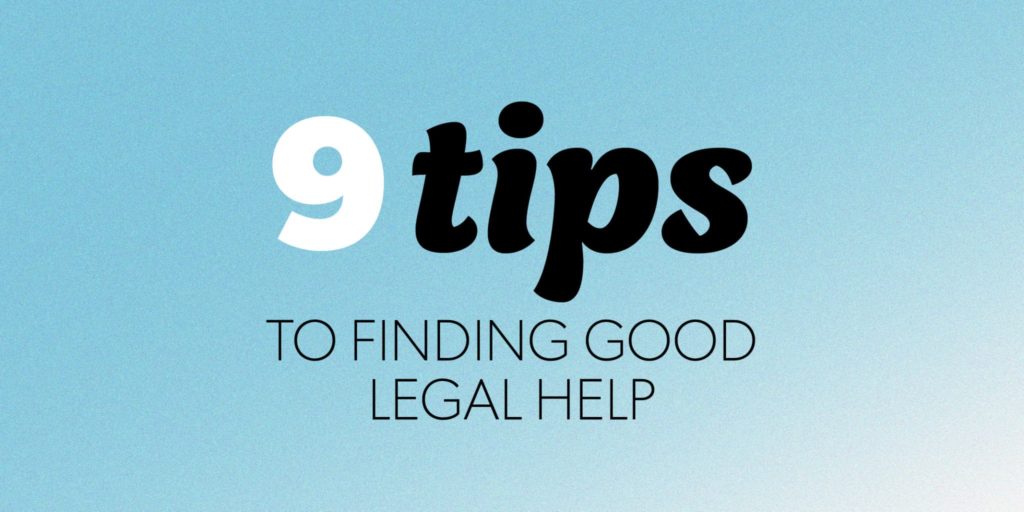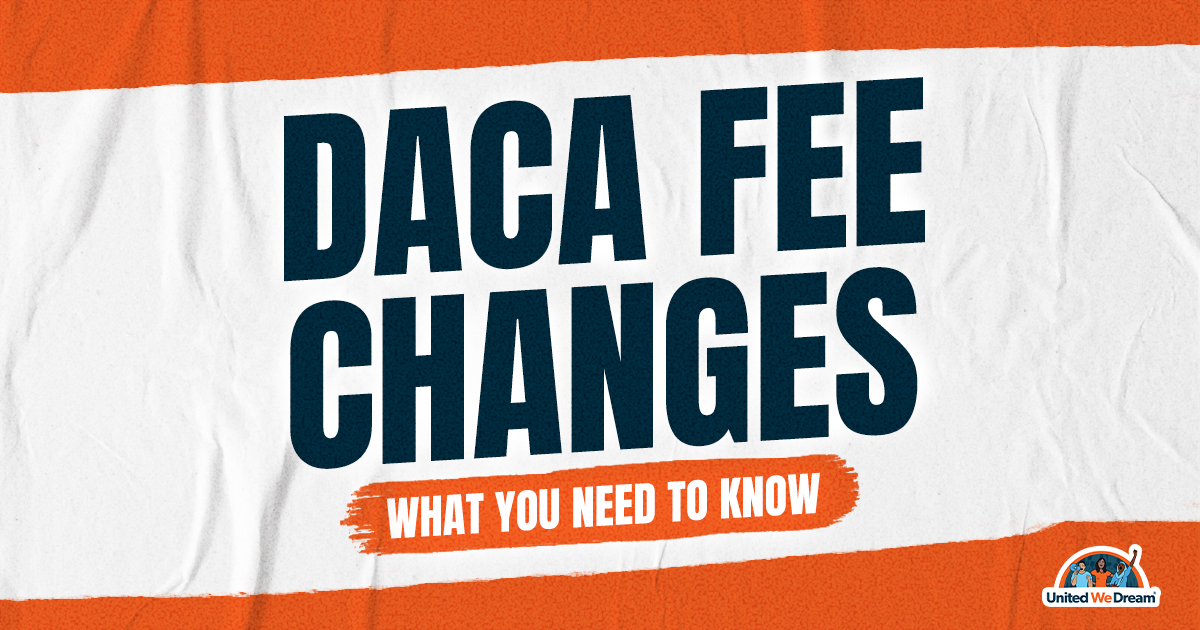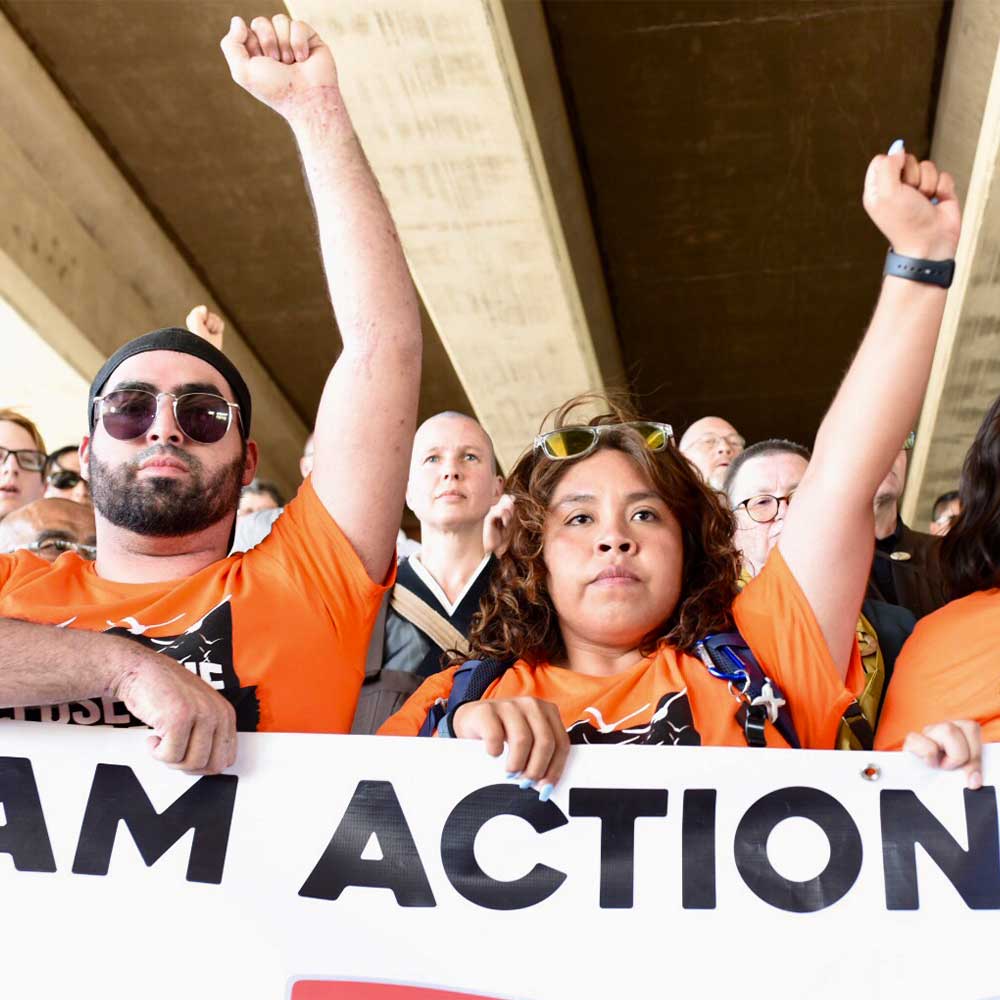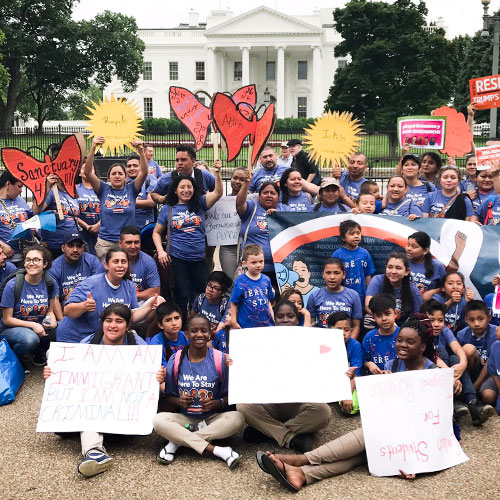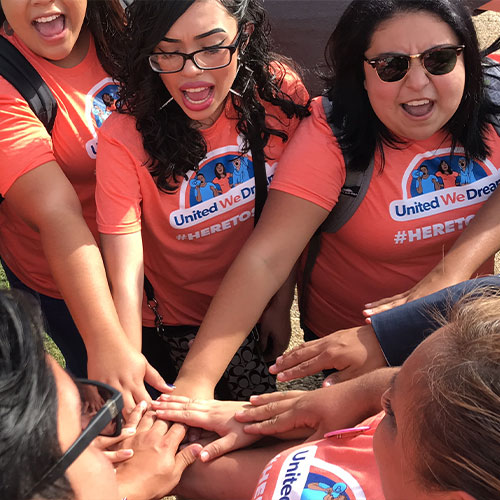There have been plenty of new developments and updates in immigration policy, especially around DACA and it’s hard to keep up. It can all seem overwhelming and confusing so you think about getting help. UWD is always recommending you talk to a trusted lawyer before making any moves but we know sometimes just the idea of looking up immigration lawyers and legal representatives can be overwhelming and confusing, and unfortunately we know way too many stories of folks who have been scammed by sketchy lawyers and notarios.
We want to acknowledge that having legal representation is a privilege and can be unaffordable. Some of us cannot find pro-bono representation and cannot afford a lawyer. We want to assure you notarios are a completely legitimate and more affordable option! This document is only meant as a resource to help you discern between a legitimate lawyer or notario and one that might want to take advantage of you and your situation because having inaccurate legal advice can have a long term impact in your adjustment process and status.
Fear not! UWD is here to help! Here are some steps you can take to make sure your legal representation is legit.
- UWD has long worked hard to make sure you have all the information you need to make the best decision for yourself! Here are some other resources for when you’re applying for DACA.
- Find someone: First, you can look for someone in our directory! Everyone on here is a trusted partner: https://unitedwedream.org/resources/for-daca-recipient-who-needs-support/
- Another trusted partner that keeps their own directory is the American Immigration Lawyer Association (AILA): https://www.ailalawyer.com/
- Check their license / accreditation: If they are a lawyer, ask in what state they are barred ( i.e. licensed to practice). Attorneys licensed to practice in any state can give immigration legal advice even if you or they don’t live in that state. But you should make sure that the attorney is located where you live so they can accompany you to any immigration interviews or hearings if necessary. Check if your lawyer is licensed to practice law by using this list of lawyer licensing databases for all states at: https://www.americanbar.org/groups/legal_services/flh-home/flh-lawyer-licensing/
- BIA accredited representatives are not attorneys, but they can give you immigration legal advice. See more information about BIA accredited representatives below. Check if they are accredited at: https://www.justice.gov/eoir/page/file/942306/download#OKLAHOMA
- Check if they have been disciplined: Check if your immigration lawyer or BIA accredited representative has been disciplined at: http://www.justice.gov/eoir/discipline.htm. If they have been disciplined, find out why.
- Make sure they can help you: In any instance, once you find someone, you should always ask more questions. The law in general is big and complicated, immigration law is exponentially more complex and there have been many updates on DACA processes. You need to find someone who specializes in the area of expertise that will help you.
- Many attorneys do not know immigration law and many immigration attorneys do not know deportation defense very well. Deportation specialists may be the best lawyers for your case, especially if you had a deportation case or are now facing deportation. If the lawyer does real estate, family, business and immigration law, they may not be a deportation specialist. Here are some good questions to ask:
- How long have they been practicing?
- Are they familiar with DACA?
- How much experience do they have working with clients in a situation similar to yours? How many cases like yours have they handled?
- Have they helped anyone apply for an initial DACA application in the last few months? Was the application successful?
- Ask how much the charge will be and if they have a low bono rate. It is okay to shop around until you find someone you like who has experience with their issue!
- Beware of lawyers who make promises in your case that others don’t. Many notarios will overpromise and say they know things others don’t, don’t fall for it!
- Many attorneys do not know immigration law and many immigration attorneys do not know deportation defense very well. Deportation specialists may be the best lawyers for your case, especially if you had a deportation case or are now facing deportation. If the lawyer does real estate, family, business and immigration law, they may not be a deportation specialist. Here are some good questions to ask:
- Stay informed about your case and do not just rely on the attorney or BIA accredited representative. Call them periodically to check in.
- Make sure the lawyer or BIA accredited representative looks at your documents
(e.g. your Notice to Appear (NTA)) before giving you advice. - Keep the full name and contact information of EVERY lawyer and BIA accredited representative that has ever represented you.
- Make sure the lawyer or BIA accredited representative looks at your documents
- Get it in writing: Get a written contract before you give the lawyer money to work on your immigration case. Ask for a “retainer agreement.” Read it carefully. Make sure you understand it. Make sure it contains the same promises your lawyer is making orally.
- If you have an old order of deportation and are trying to apply for lawful permanent residence (i.e. a “green card,” or LPR status), get written information from your lawyer explaining how they plan to keep you from being deported.
- If your attorney or BIA accredited representative ever refuses to give information they promise you in writing, send them a certified letter outlining the promises they made to you and asking for written clarification on those promises.
- If you have an old order of deportation and are trying to apply for lawful permanent residence (i.e. a “green card,” or LPR status), get written information from your lawyer explaining how they plan to keep you from being deported.
- Keep copies: Make sure you get a copy of everything your lawyer or BIA accredited representative files. Keep your copies in a safe place.
- If necessary, file a complaint: Make a complaint with the Attorney Grievance Committee immediately if you feel your lawyer wronged you.
- Learn more about how to file a complaint against a lawyer at: https://www.lawyers.com/legal-info/research/legal-malpractice/reporting-lawyer-for-ethics-violations.html
- and the Directory of Lawyer Disciplinary Agencies at: https://www.americanbar.org/content/dam/aba/administrative/professional_responsibility/directory_disciplinary_agencies_online.pdf
More info:
What is a BIA Accredited Representative?
A BIA Accredited Representative is a non-lawyer with permission from the Board of Immigration Appeals (BIA) to represent individuals applying for immigration benefits. The non-lawyer must be working for an organization formally recognized by the BIA.
What does it mean to be partially versus fully accredited by the BIA?
Some BIA accredited representatives are partially accredited, which means they can represent individuals before U.S. Citizenship and Immigration Services (USCIS) only. Fully accredited BIA representatives can represent individuals before USCIS, immigration courts, and the BIA.
Report Notario fraud at: http://www.stopnotariofraud.org/

